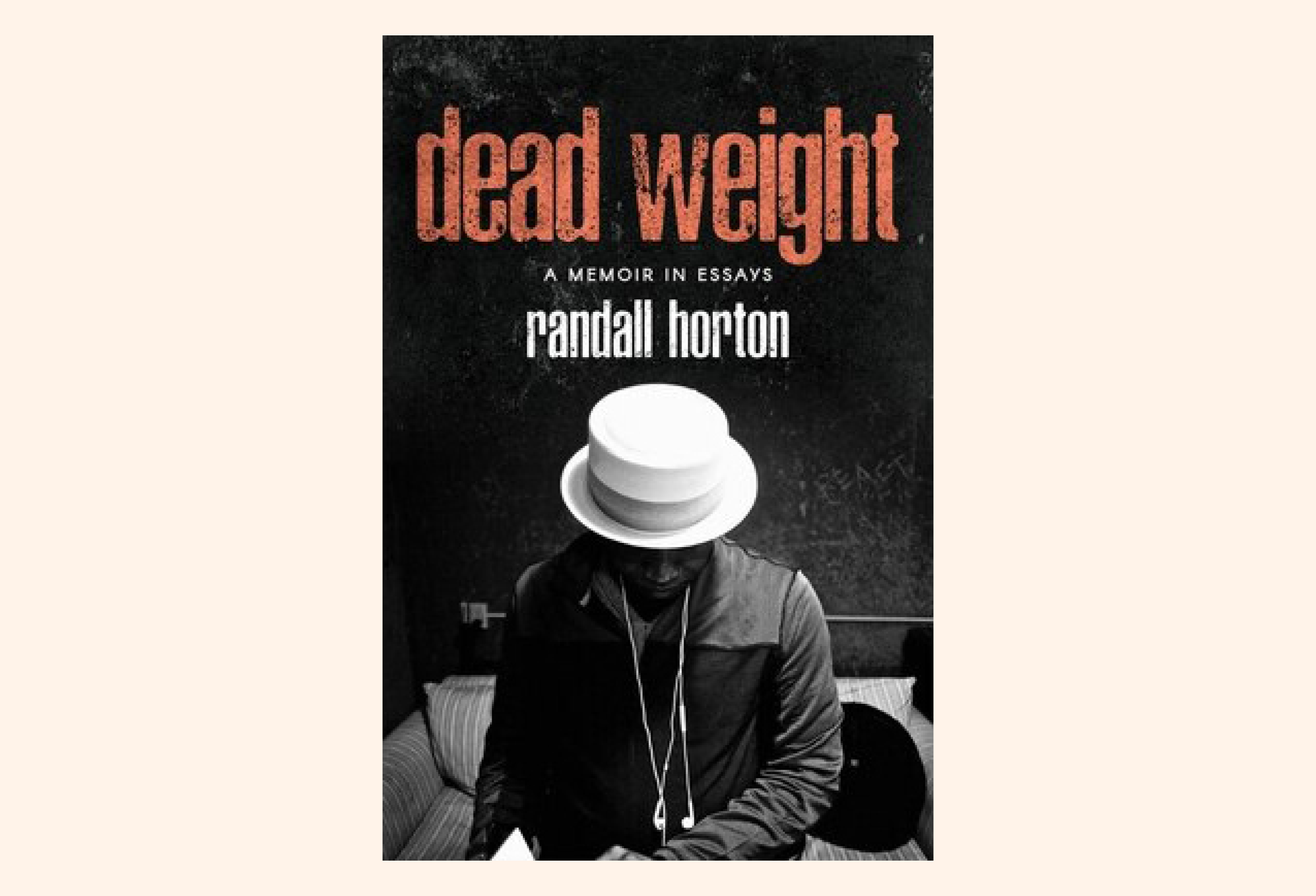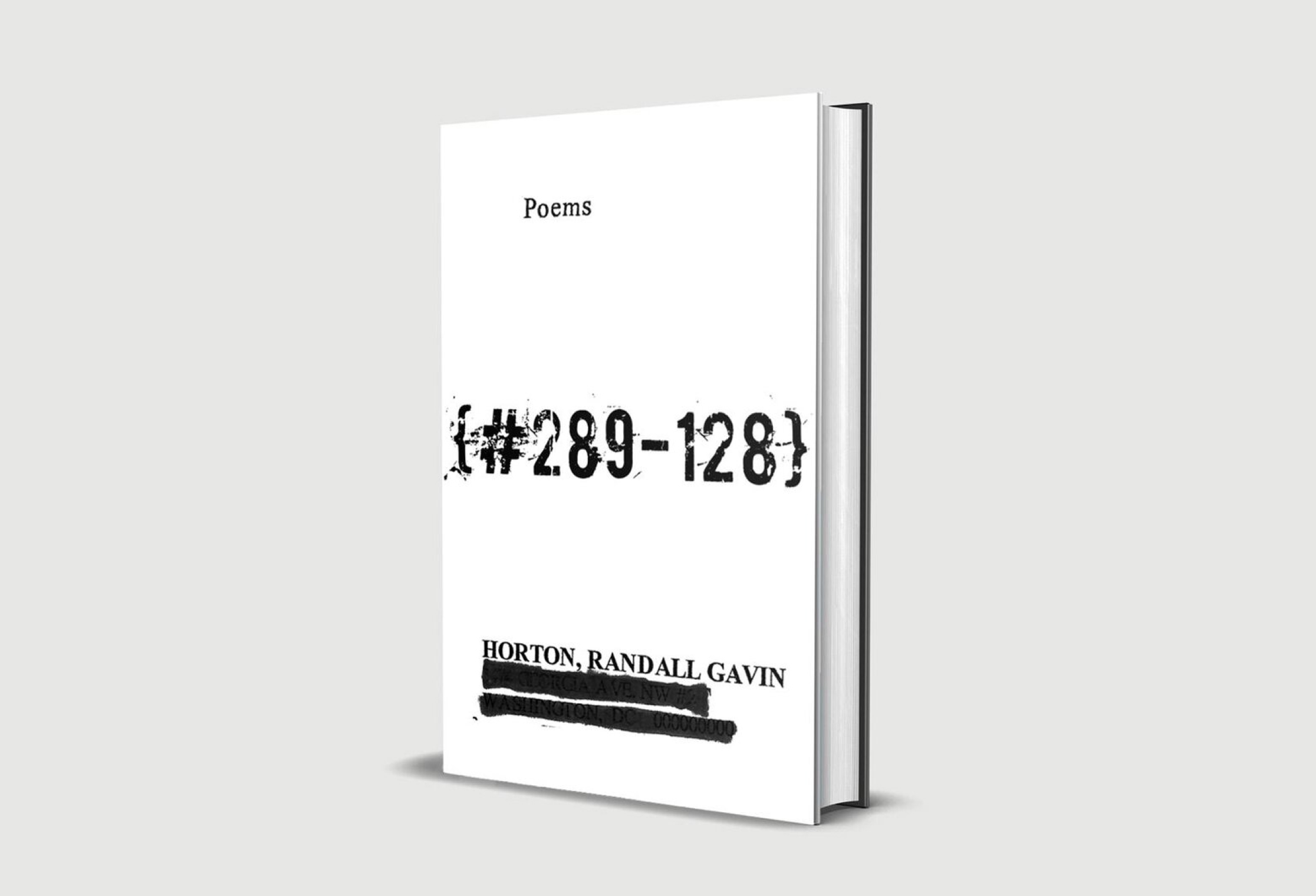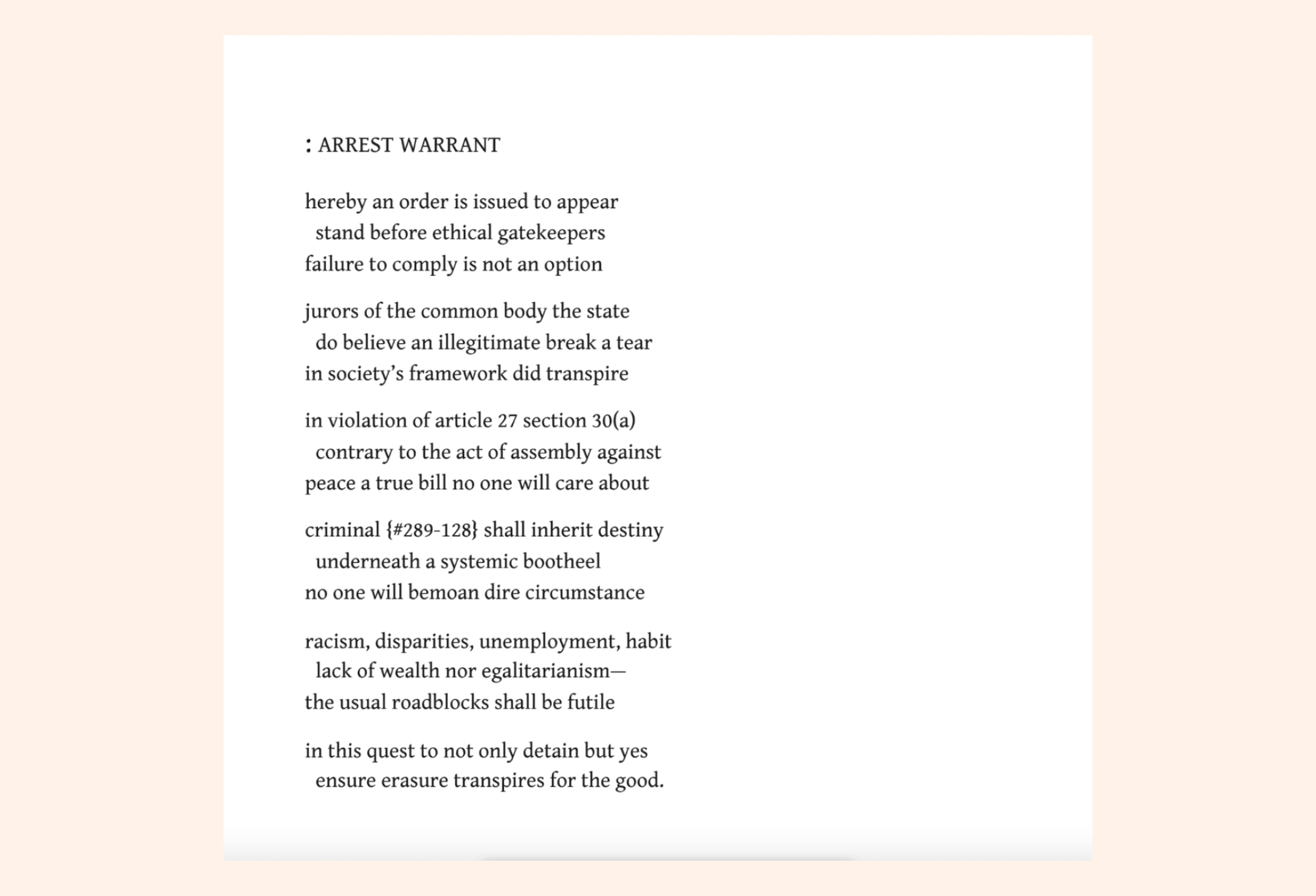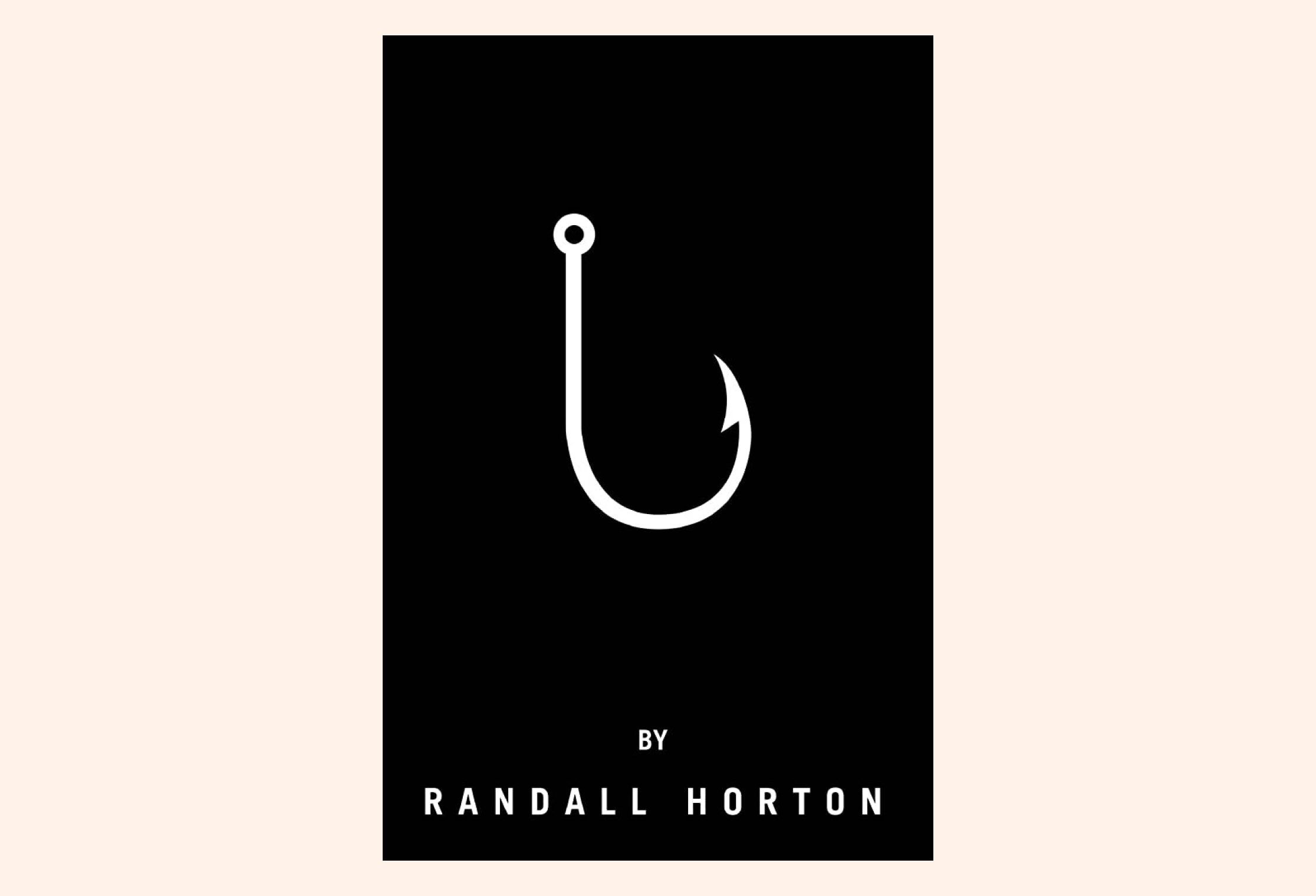Randall Horton is a writer, poet, artist, and Professor of English at University of New Haven creating poetry, nonfiction, and music that encapsulates the power of storytelling in the movement to end mass incarceration.
Horton is the only person in the United States with seven felony convictions and academic tenure. Horton is the recipient of the 2022 Creative Capital Award, the American Book Award for Oral Literature, the Gwendolyn Brooks Poetry Award, the Bea Gonzalez Poetry Award, a National Endowment of the Arts Fellowship in Literature, the GLCA New Writers Award for Creative Nonfiction for Hook: A Memoir, a Poet-in-Residence at the Civil Right Corpse, and a Soze Foundation Right to Return Fellow.
He is a member of the experimental performance band Heroes Are Gang Leaders which received the 2018 American Book Award in Oral Literature and their latest musical project, The Baraka Sessions, was named best vocal jazz album by NPR in 20129. He is also co-founder of the social justice band, Radical Reversal which has recently placed a recording studios/creative performance space complete with programing in creative writing, music production and a host of social services at Jefferson County Youth Detention Center (Birmingham, AL), Suffolk County Detention Center (Boston, MA), and DOC MN- Faribault (Faribault MN). His Dead Weight: A Memoir is recently published by Northwestern University Press in 2022.



